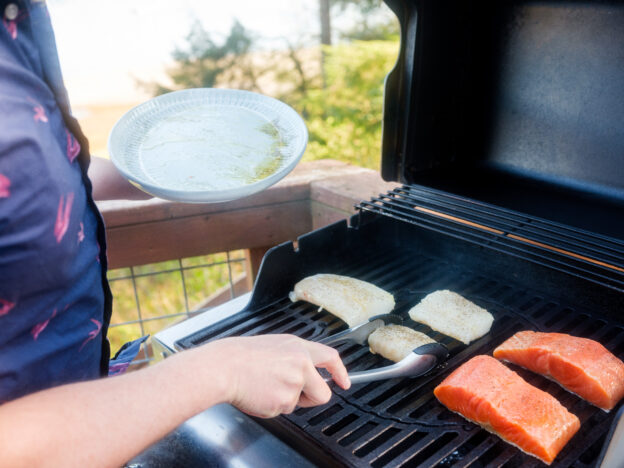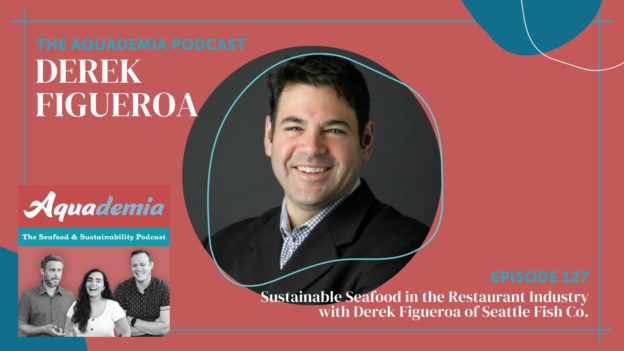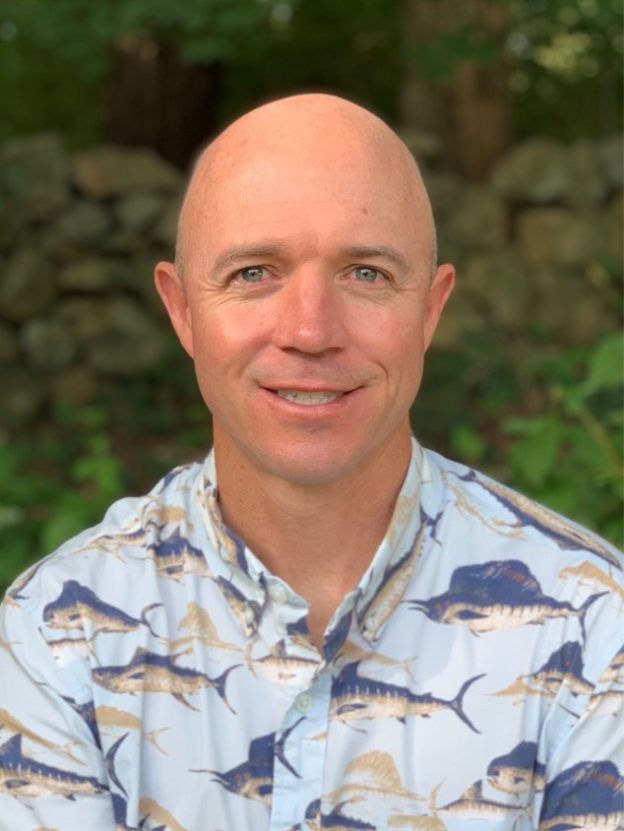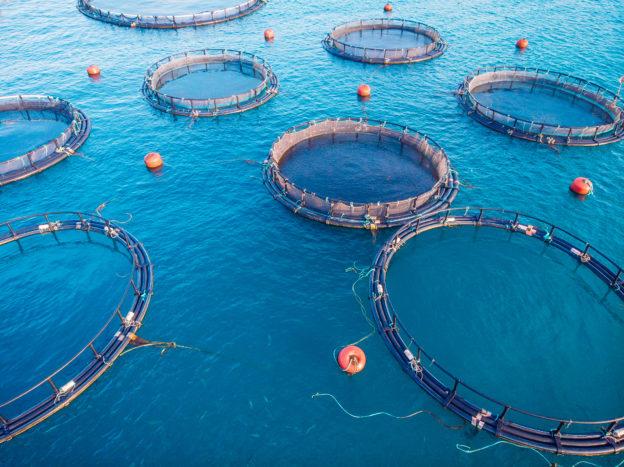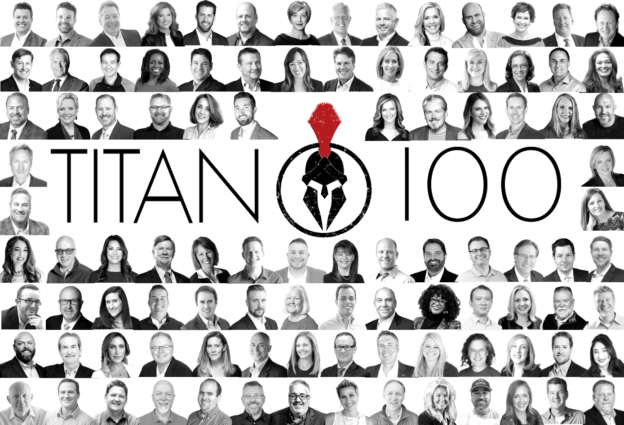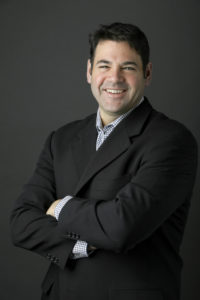Summer is finally here, and with it comes the irresistible urge to fire up the grill. The ease and flavor of grilled fish are unbeatable – it’s quick to prepare, healthy, and absolutely delicious. With just a touch of seasoning and a few minutes on the grill, you can create a perfect summer dish that’s sure to impress.
Salmon and Tilapia are great fish to prepare on the grill – which recipe are you going to try next?!
Lemon Garlic Grilled Salmon
Ingredients:
- 4 salmon fillets
- 2 tablespoons olive oil
- 2 tablespoons fresh lemon juice
- 3 cloves garlic, minced
- 1 teaspoon salt
- 1/2 teaspoon black pepper
- 1 tablespoon fresh parsley, chopped
- Lemon slices (for garnish)
- Fresh dill (optional, for garnish)
Instructions:
- Prepare the Marinade:
- In a small bowl, whisk together the olive oil, lemon juice, minced garlic, salt, and black pepper.
- Marinate the Salmon:
- Place the salmon fillets in a resealable plastic bag or a shallow dish.
- Pour the marinade over the salmon, ensuring each fillet is well coated.
- Seal the bag or cover the dish and refrigerate for at least 30 minutes (up to 2 hours for more flavor).
- Preheat the Grill:
- Preheat your grill to medium-high heat (about 375-400°F).
- Grill the Salmon:
- Oil the grill grates to prevent sticking.
- Remove the salmon from the marinade and place the fillets on the grill, skin-side down.
- Grill for about 4-5 minutes on each side, or until the salmon flakes easily with a fork and reaches an internal temperature of 145°F.
- Serve:
- Remove the salmon from the grill and let it rest for a couple of minutes.
- Garnish with fresh parsley, lemon slices, and dill if desired.
- Serve with your favorite sides such as grilled vegetables, a fresh salad, or rice.
Tips:
- Grilling the salmon with the skin on helps keep the fish moist and makes it easier to handle.
- Add a teaspoon of honey or Dijon mustard to the marinade for a sweet and tangy twist.
Mediterranean Grilled Tilapia
Ingredients:
- 4 tilapia fillets
- 3 tablespoons olive oil
- 2 tablespoons lemon juice
- 1 tablespoon dried oregano
- 1 teaspoon garlic powder
- 1 teaspoon salt
- 1/2 teaspoon black pepper
- 1/2 teaspoon paprika
- Fresh basil or parsley (for garnish)
- Lemon wedges (for serving)
Instructions:
- Prepare the Marinade:
- In a small bowl, mix together the olive oil, lemon juice, dried oregano, garlic powder, salt, black pepper, and paprika.
- Marinate the Tilapia:
- Place the tilapia fillets in a resealable plastic bag or a shallow dish.
- Pour the marinade over the tilapia, ensuring each fillet is well coated.
- Seal the bag or cover the dish and refrigerate for at least 30 minutes.
- Preheat the Grill:
- Preheat your grill to medium-high heat (about 375-400°F).
- Grill the Tilapia:
- Oil the grill grates to prevent sticking.
- Remove the tilapia from the marinade and place the fillets on the grill.
- Grill for about 3-4 minutes on each side, or until the fish flakes easily with a fork and is opaque throughout.
- Serve:
- Remove the tilapia from the grill and let it rest for a minute.
- Garnish with fresh basil or parsley and serve with lemon wedges.
- Pair with a Mediterranean salad, couscous, or grilled veggies for a complete meal.
Tips:
- Tilapia is a delicate fish, so handle it gently to avoid breaking.
- You can substitute tilapia with other white fish like cod or halibut.
Grilling fish is a delightful way to embrace the flavors of summer. These recipes are not only easy to prepare but also packed with freshness and nutrition. Here’s to summer and a great grilling season!
